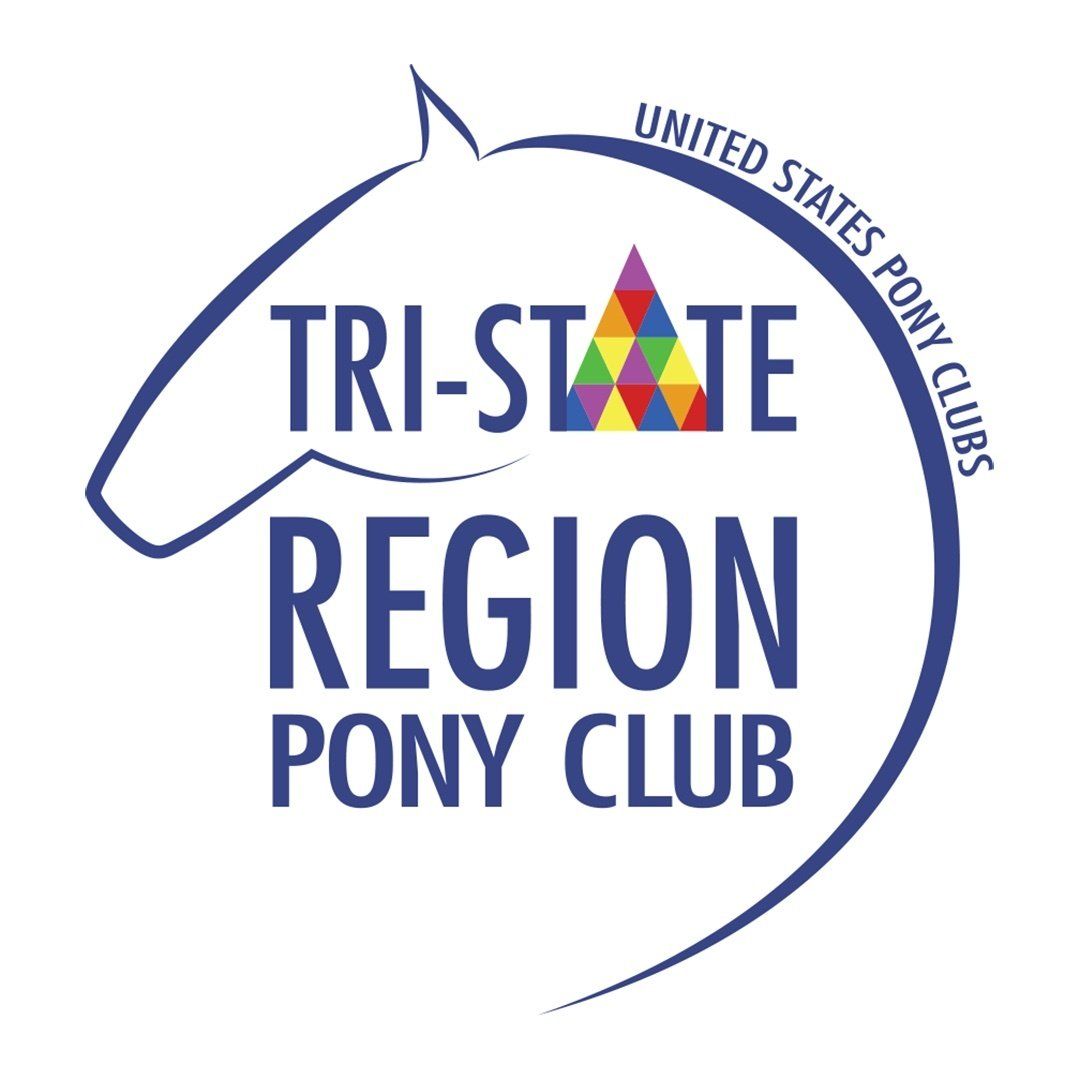
Biosecurity Information
Our Region hosts activities at several local facilities. Collectively, we are committed to the health and safety of all of our horses and to educating our riders in Biosecurity Protocols. Proof of vaccination is required for Influenza and Rhinopneumonitis (EHV-1/4) no less than 7 days and no more than 6 months before visiting.
Other details that are specific to each facility are included below.
The Region will collect Coggins tests with club team entries and verify their validity. For horses traveling from out of state, Certificates of Veterinary Inspection/Health Certificates are required by State Law and are location specific. The state considers the document to be valid for 30 days, but facilities may have varying requirements. Please review the requirements below carefully and be sure to plan ahead as needed.
Chagrin Valley Farms
The Biosecurity Protocols that apply to all visitors to the facility.
Before the Show
Review the forms in advance so that you are aware of what is required and have the correct records/receipts/vet visits scheduled.
- All participants must complete the forms in the packet below, which will be reviewed upon arrival.
- Forms must be verified prior to unloading.
- Out-of-state visitors must provide a Certificate of Veterinary Inspection that is dated within 14 days of check-in, and is valid for the duration of the show.
All required forms for Chagrin Valley Farms
Forms included are:
- Vaccination Verification Form-Veterinarian Administered
Complete, print and have your veterinarian sign. (A vaccination report
provided by your veterinarian is also acceptable as long as it contains the
same information.)
- Vaccination Record-Owner Administered
Receipts with lot numbers must be attached to your vaccination record as
proof of purchase.
At the Show
Temperatures must be monitored twice daily while on show grounds and recorded on the provided temperature chart located on the stall door of each horse. The first temperature should be taken and recorded immediately upon arrival. If temperature may be elevated from trailering, it must be re-taken again within one hour and monitored.
Reporting Requirement
Any temperature over 101.5F degrees or abnormal clinical signs must be reported immediately to the Show Veterinarian and Horse Show Manager immediately.
Stone Gate Farm
The Biosecurity Protocols that apply to all visitors to the facility.
Before the Show
Review the forms in advance so that you are aware of what is required and have the correct records/receipts/vet visits scheduled. All participants must complete the forms at the links below
Vaccination Verification Form—Veterinarian Administered
Complete, print and have your veterinarian sign. (A vaccination report provided by your veterinarian is also acceptable as long as it contains the same information.)
Vaccination Record-Owner Administered
You will need to upload a copy of the receipt for the vaccines and a photo of the bottle showing the batch number.
Owner/Trainer Declaration of Health Form
This form confirms that the horse has not experienced a fever exceeding 101.5 degrees or any illness leading up to its arrival. The horse must not have been exposed to or treated for any unexplained fever.Must be completed no sooner than 3 days before arrival and after 3 days of recording the horse’s temperature.
At the Show
Temperatures must be monitored twice daily while on show grounds. Print and post the Temperature Monitoring Form where it is easily accessible to Show Management.
Reporting Requirement
Report any temperature over 101.5 F or abnormal clinical signs to the Show Manager or on-site veterinarian.
Safety Practices While at a Pony Club Event
- Limit nose-to-nose contact between horses.
- Don't pet every horse in the aisle!
- Handlers and riders should maintain distances between horses at all times.
- Practice good hygiene—wash hands in-between handling horses and maintain proper biosecurity protocols in the barns and rings.
- Avoid sharing equipment unless it is thoroughly cleaned and disinfected between uses.
- Do NOT put the end of a hose in water buckets when filling.
